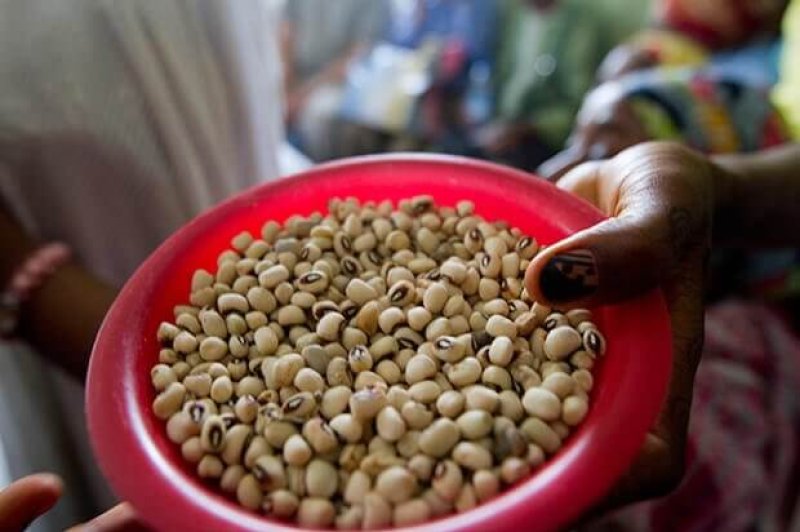The Council for Scientific and Industrial Research (CSIR) has submitted an application to the National Biosafety Authority (NBA) requesting for permission to release Ghana’s first GMO crop (PRB cowpea) into the environment.
“Key aspects considered in the food safety assessment include but not limited to nutritional composition and potential toxicity and allergenicity. The environmental evaluation of PBR cowpea looks at its potential to become a weed of agriculture or invasive of natural habitats, potential impact of pollen mediated gene transfer, altered plant pest potential impacts on no-target organisms and biodiversity,” the gazette notification said.
…
Cowpea, popularly called beans is a popular, protein-rich staple crop that is used for gari and beans, popularly called “red-red”.
The crop is vulnerable to the Maruca pod borer pests, which can destroy 80 percent of a farmer’s crop. To control the pest, farmers typically spray their fields with pesticides between eight and 12 times in the 12-week life cycle of the crop.
The GM variety, which includes a gene from a naturally occurring soil bacterium known as Bt, is resistant to the pest. Confined field trials have shown farmers can reduce their spray regimen to just twice per season while gaining a five-fold increase in yield.































